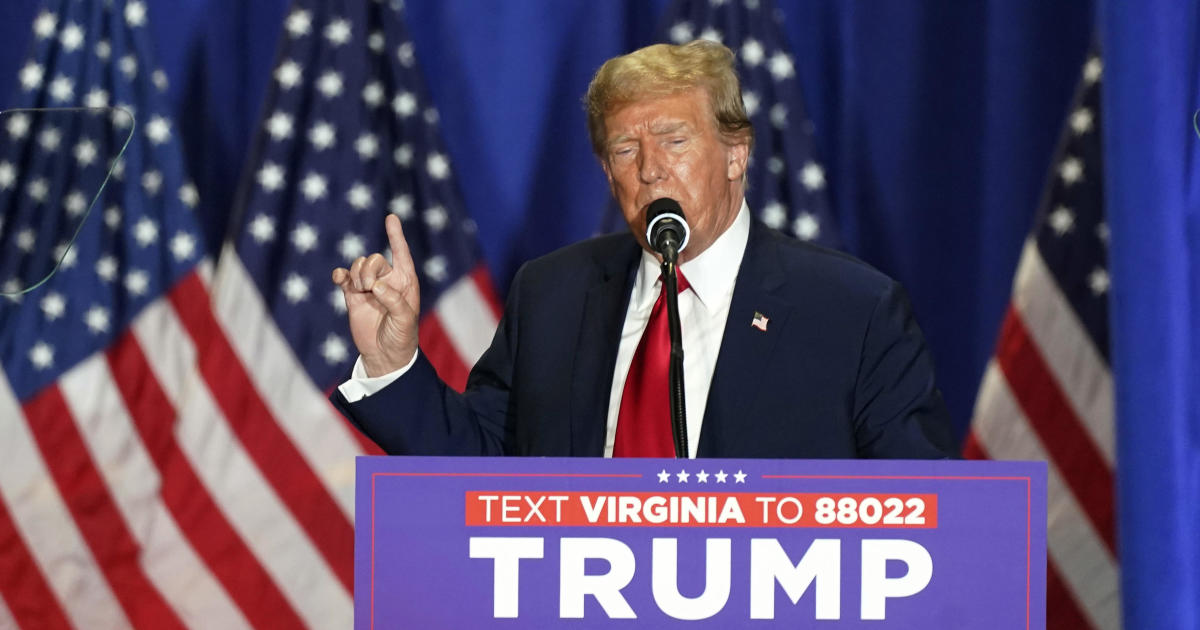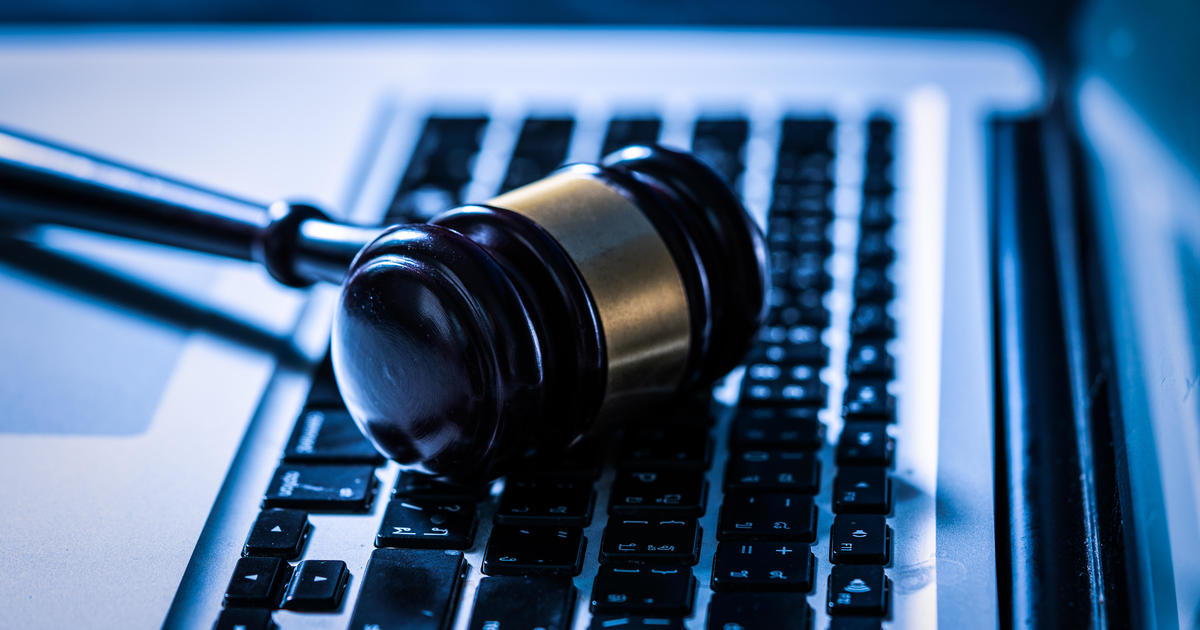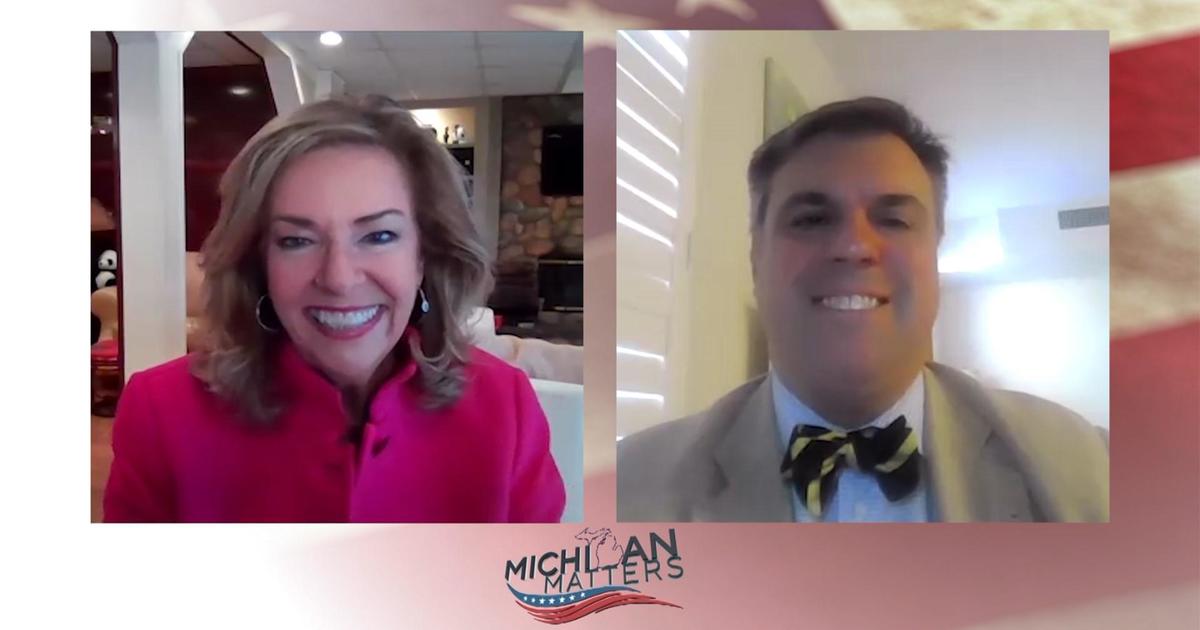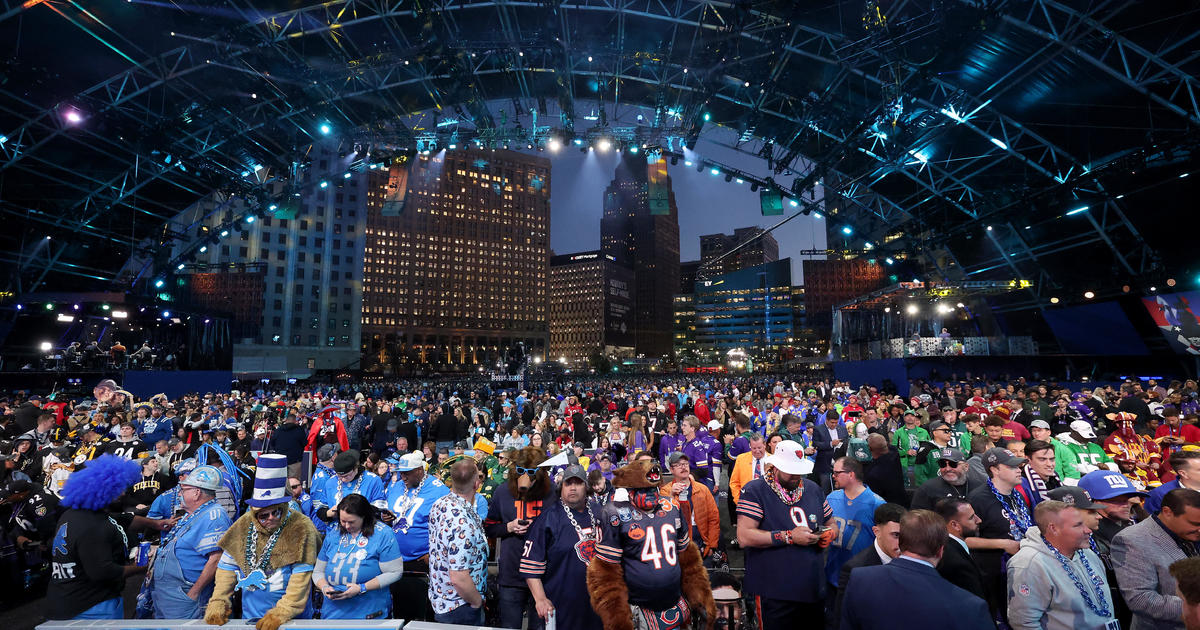Stimulus Package Update: When Will The Checks Start Arriving?
(CBS Detroit) -- The $900 billion COVID relief bill, along with the $1.4 trillion spending bill to fund the government, became law Sunday evening with President Trump's signature. Trump signed it after days of demanding changes to the stimulus package Congress passed on December 21. The development heads off a government shutdown. But the week of delay caused a lapse in unemployment benefits for approximately 12 million people.
The stimulus package includes another round of stimulus checks. Every adult with a 2019 adjusted gross income less than $75,000 should receive $600. That amount declines by five dollars for every $100 a recipient earned over $75,000. Those who earned more than $87,000 will not receive anything for themselves. Parents will also be paid $600 for each dependent child under the age of 17, with no cap on the number of children. Adult dependents, including college students and seniors, and 17-year-olds do not qualify.
>>READ: Stimulus Package Update: Deal Reached On COVID Economic Relief
The federal government will also add an additional $300 per week in unemployment benefits to the amount doled out by the various states. The added $300 will last for 11 weeks. The Pandemic Unemployment Assistance (PUA) program, for freelance workers who don't qualify for traditional unemployment insurance, has also been extended through mid-March. Freelancers will receive an extra $100 per week.
Aid to businesses also made it into the stimulus package. Approximately $284 billion will be available through the Paycheck Protection Program (PPP), which issues forgivable loans for small businesses to keep employees on staff. TV and radio broadcasters, as well as local newspapers and nonprofits, will be eligible for the program going forward. Some money has also reportedly been set aside for very small businesses. Another $15 billion is earmarked for the entertainment industry, such as independent movie theaters, music venues and cultural institutions. And $10 billion will go to the childcare industry, which has seen revenues plummet during the pandemic.
The stimulus package extends the eviction moratorium through the end of January. Eviction protections put in place by the U.S. Centers for Disease Control and Prevention and various states were set to expire at the end of the year. Also included is emergency renter assistance in the amount of $25 billion. Monthly benefits through the Supplemental Nutrition Assistance Program (SNAP) will be boosted by 15 percent through the end of June.
>>READ: 'Stimulus Checks Are The Least Important,' When Drafting Aid Package, Says Economist
Additional money will go toward the purchase ($20 billion) and distribution ($8 billion) of the vaccine. Another $20 billion is designated to help the states continue their testing programs.
Aid for state and local governments and business liability protections, the two initiatives which held up relief efforts for months, are not part of the package.
The stimulus package, along with the spending bill, waited a week for the President's signature. At issue was the amount of the stimulus check -- Trump was pushing for $2,000 -- as well as other spending he deemed unnecessary.
He has promised to send an altered version of the bill to Congress in the coming days. What will happen to the altered bill is not clear. The House voted to increase the stimulus check amount on Monday, passing the CASH Act. Trump wants the Senate take up the idea as well. Though many Republicans remain firmly against it, some four Republican Senators have voiced their support. The bill is less likely to receive the necessary two-thirds majority in the Senate. A $600 stimulus check remains far more likely than a $2,000 stimulus check, even if the odds of receiving the larger amount may have improved.
Stimulus payments arriving before the new year seemingly depended on the bill being signed last week. President Trump didn't put pen to paper until Sunday. However, the Treasury Department is still attempting to adhere to Secretary Steven Mnuchin's previous promise of starting to put money in people's bank accounts this week. Working out problems with the first stimulus payment means issuing the second payment should run more smoothly. How much time that saves the government remains to be seen.
A more realistic schedule would have direct deposits initiated as early as the week of January 4. Paper checks could then be mailed starting the week of January 11. The IRS must send out payments by January 15, according to the latest stimulus bill.
Those expecting additional unemployment benefits will have a wait a little longer. The payments would originate with the Federal Pandemic Unemployment Compensation (FPUC) program, which was created by the CARES Act. They ended in July. Each state handles its own unemployment system, and would need time to relaunch that program.
Last updated Tuesday, December 29 @ 11:30 a.m.



